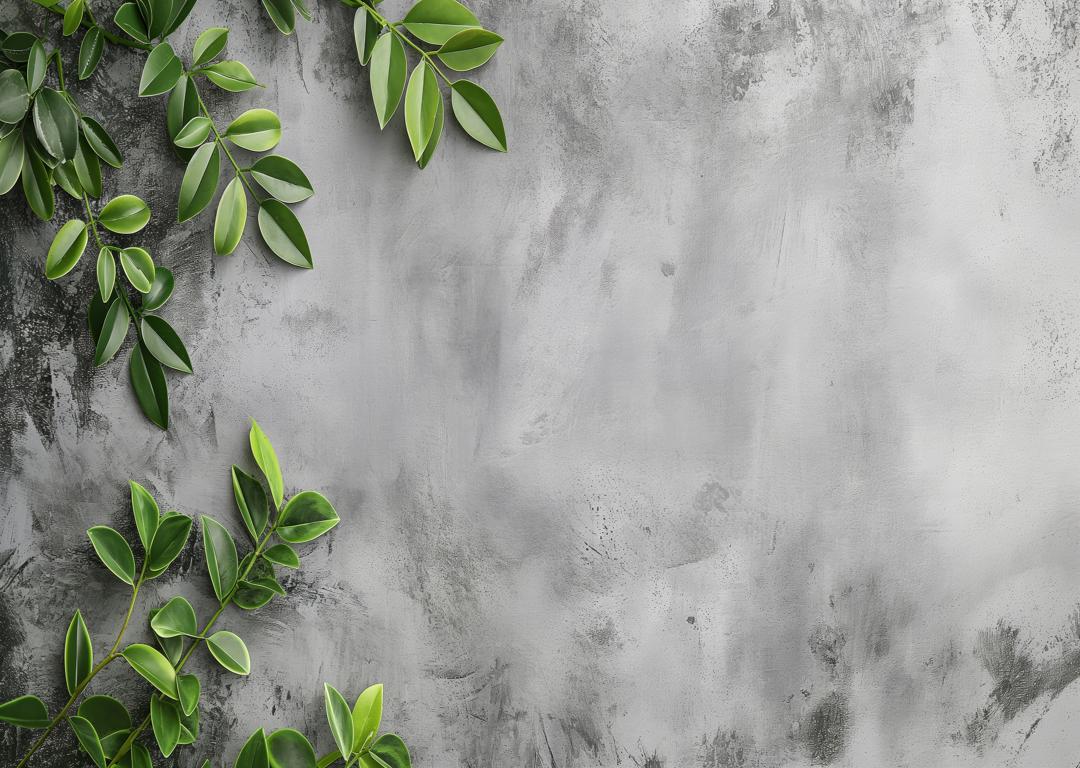
Concrete surfaces, such as driveways, patios, walkways, and garage floors, play a vital role in the functionality and aesthetics of a home. Protecting these surfaces from wear, weather, and other potential damage is crucial for maintaining their longevity. Traditionally, sealing concrete involves the use of chemicals that are often harmful to the environment. However, with a growing emphasis on environmental sustainability, eco-friendly sealing options have emerged. These methods not only protect your concrete but also minimize environmental impact. In this article, we will explore various sustainable concrete sealing methods that help protect your home in an environmentally responsible way.
Benefits of Eco-Friendly Concrete Sealers
Eco-friendly concrete sealers offer several benefits. They reduce environmental impact as they are typically made from natural, biodegradable materials, thereby conserving resources and minimizing pollution. These sealers often have lower volatile organic compounds (VOCs), resulting in fewer harmful emissions that can affect indoor air quality, making them healthier for both the environment and your family. Despite being environmentally friendly, these sealers do not compromise on durability and performance, providing the same level of protection as traditional sealers. Using eco-friendly sealers also helps homeowners comply with increasingly stringent local and national environmental regulations.
Water-Based Concrete Sealers
Water-based concrete sealers are among the most popular eco-friendly options available. Unlike solvent-based sealers, which release high levels of VOCs, water-based sealers are safer for both the environment and human health. These sealers emit significantly fewer VOCs, making them a healthier choice for applicators and occupants alike. They are easy to apply using standard equipment such as rollers or sprayers and typically dry faster than their solvent-based counterparts, reducing downtime. Many water-based sealers also offer excellent UV resistance, preventing the concrete from yellowing or deteriorating under sunlight. Products like Siloxa-Tek 8500 and EcoGuard Concrete Sealer exemplify the benefits of water-based sealers, providing deep penetration and superior protection against water and moisture.
Natural Oil-Based Sealers
Natural oil-based sealers, derived from renewable resources such as linseed oil, tung oil, and other plant-based oils, provide a biodegradable and non-toxic alternative to traditional sealing products. These sealers break down more easily in the environment, reducing their ecological footprint. Oil-based sealers penetrate deeply into the concrete, providing long-lasting protection from within and enhancing the natural color and texture of the concrete for a richer, more vibrant look. Examples include Earth Shield, a linseed oil-based sealer offering deep penetration and durability, and Tung Oil Concrete Sealer, which provides excellent durability while enhancing the natural beauty of the concrete.
Silicate-Based Densifiers
Silicate-based densifiers are another eco-friendly option for sealing concrete surfaces, particularly effective for indoor applications such as garage floors and basements. These sealers work by chemically reacting with the concrete to form a hardened, dust-proof surface. Silicate densifiers contain no VOCs, making them a safe choice for indoor environments. They create a permanent seal that strengthens the concrete from within, eliminating dusting by binding loose particles on the surface. Products like Lithi-Tek 4500 and Enviroseal offer excellent dust-proofing and surface-hardening properties, providing permanent protection and improving the durability and abrasion resistance of the concrete.
Bio-Based Polyurethane Sealers
Bio-based polyurethane sealers, made from natural materials such as soybeans and other plant derivatives, combine the durability and performance of traditional polyurethanes with a significantly reduced environmental footprint. These sealers offer excellent resistance to wear, chemicals, and UV radiation while using renewable resources that result in a lower carbon footprint compared to petroleum-based products. Additionally, bio-based polyurethane sealers often have a lower odor, making them more pleasant to apply and cure. Examples include SoySeal, a bio-based polyurethane sealer derived from soybean oil that offers high performance and environmental benefits, and Eco Poly Sealer, which uses plant-based ingredients to provide a durable, protective finish for concrete surfaces.
Application Tips for Eco-Friendly Sealers
To ensure the best results when using eco-friendly concrete sealers, it is essential to follow specific application tips. Proper surface preparation is crucial; cleaning the concrete thoroughly to remove dirt, oil, and any previous sealers ensures optimal adhesion and performance of the new sealer. Applying the sealer in appropriate weather conditions is also important, as extreme temperatures and high humidity can affect the curing process. Using the recommended tools for application, such as a roller, brush, or sprayer, and following the manufacturer’s instructions will yield the best results. Depending on the product and desired finish, multiple coats may be necessary, with sufficient drying time allowed between coats as specified by the manufacturer. Regular maintenance, including cleaning the sealed surface and reapplying the sealer as needed, helps to extend the life of the sealer and maintain the appearance of the concrete.
Eco-friendly concrete sealers provide a sustainable and effective way to protect and enhance your home’s concrete surfaces. From water-based and natural oil-based sealers to silicate densifiers and bio-based polyurethanes, there are green solutions available for every need. By choosing environmentally responsible products, homeowners can enjoy durable, beautiful concrete surfaces while minimizing their environmental impact. Embracing these eco-friendly sealing options not only helps protect your property but also contributes to a healthier and more sustainable environment.